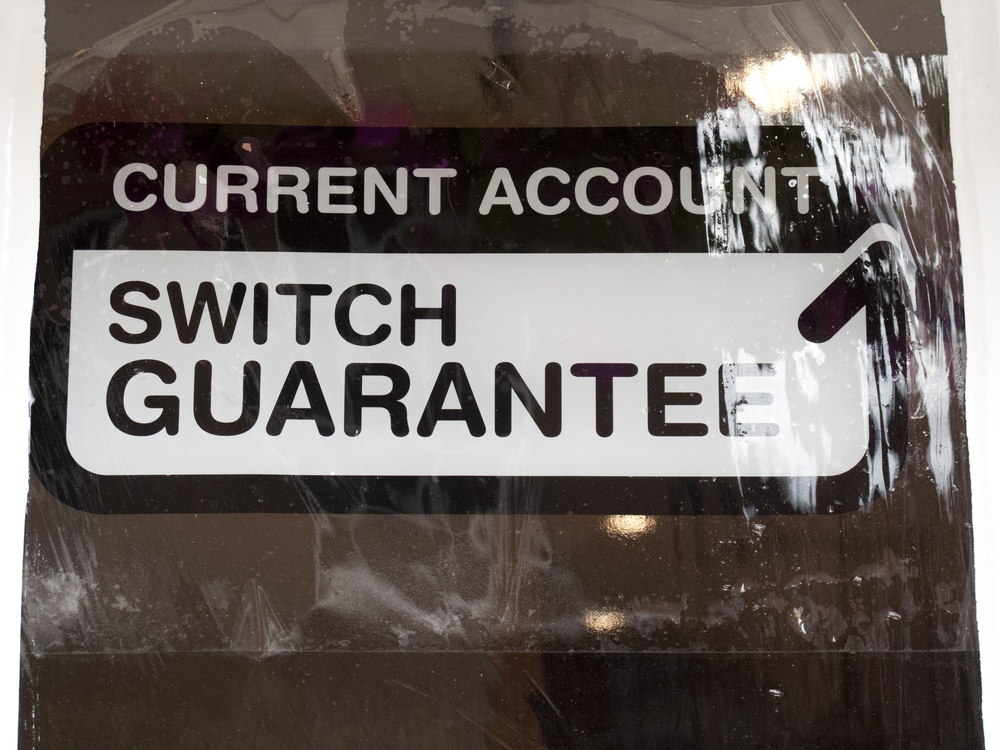'Tis the season to be giving, but not to the taxman. Here are five tax-efficient gift ideas for loved ones.
Many people give generously at Christmas, but they may not be aware of tax-efficient gift options now and in the future.
While it’s not particularly festive to weigh up the tax implications of your gifts, it can enable you to give more to your loved ones.
And it needn’t be too difficult to boost your gifting potential by making a few smart moves.
Here’s how:
1) The tax-efficient gift of a secure financial future
By gifting a pension or a Junior ISA (JISA) to your child/children, you can both save tax and provide them with a secure financial future.
The miracle of compound interest and long-term stockmarket growth means that a small pension contribution over a long time could give the kids an impressive financial nest egg.
Plus, children can get tax relief at 20% on the first £2,880 paid into their pension, adding up to a total annual contribution of £3,600.
A Junior ISA started from birth could grow significantly in time for their 18th birthday and you can gift up to £9,000 tax-free a year for each of your children.
2) Use your gifting exemptions
There are ways to gift to your loved ones without incurring a tax liability.
You can make annual gifts of up to £3,000 a year, split between different people or an individual, and these gifts are exempt from Inheritance Tax.
You can also carry over one year’s worth of exemptions to the next, boosting what you can gift without IHT liability.
The small gift allowance lets you give as many gifts as you like up to £250, as long as you haven’t gifted to the same person using another exemption, such as the annual allowance above.
The exemption for ‘normal expenditure out of income’ allows you to gift from your regular income after covering your normal living expenses. Any money gifted will not be liable for IHT.
Finally, gifts made seven or more years before death are exempt from Inheritance Tax, enabling parents to give a ‘living inheritance to their children’.
3) Reclaims on charity donations
Many people give generously to charity at Christmas but not all are aware of the tax breaks available on Gift Aid donations for higher rate taxpayers.
According to NFU Mutual, frozen thresholds mean reclaims have rocketed 34.5% in two years to £740m. But many more people will be able to claim after being dragged into the higher rate (40%) tax band for the first time.
The insurer is reminding higher rate taxpayers that they can claim 20% tax relief on charitable donations this Christmas, giving them an extra £25 for every £100 donated.
Sean McCann, chartered financial planner at NFU Mutual, says: “The reclaim can be made through your tax return or by contacting HMRC direct. Many higher rate taxpayers, particularly those paid via PAYE, are unaware of this and miss out.”
Giving money to charity via Gift Aid can also reduce liability for the child benefit tax charge, potentially give entitlement to the married couples allowance and increase the personal savings allowance from £500 to £1,000.
4) Inheritance Tax relief from charitable giving
If you leave at least 10% of your estate to charity upon your death, you can reduce the rate of Inheritance Tax paid on the remainder from 40% to 36%.
Gifts made to charity are free of Inheritance Tax, with this relief saving taxpayers £790m last year.
5) The gift of a trust fund
If you have the financial means, a trust fund can be a tax-efficient gift to your loved ones.
But they can be complicated and expensive to set up and run, so you need to take expert independent tax advice.
However, if you want to have more control over how your beneficiaries receive their money and you prefer financial privacy, a trust fund may be worth considering.





